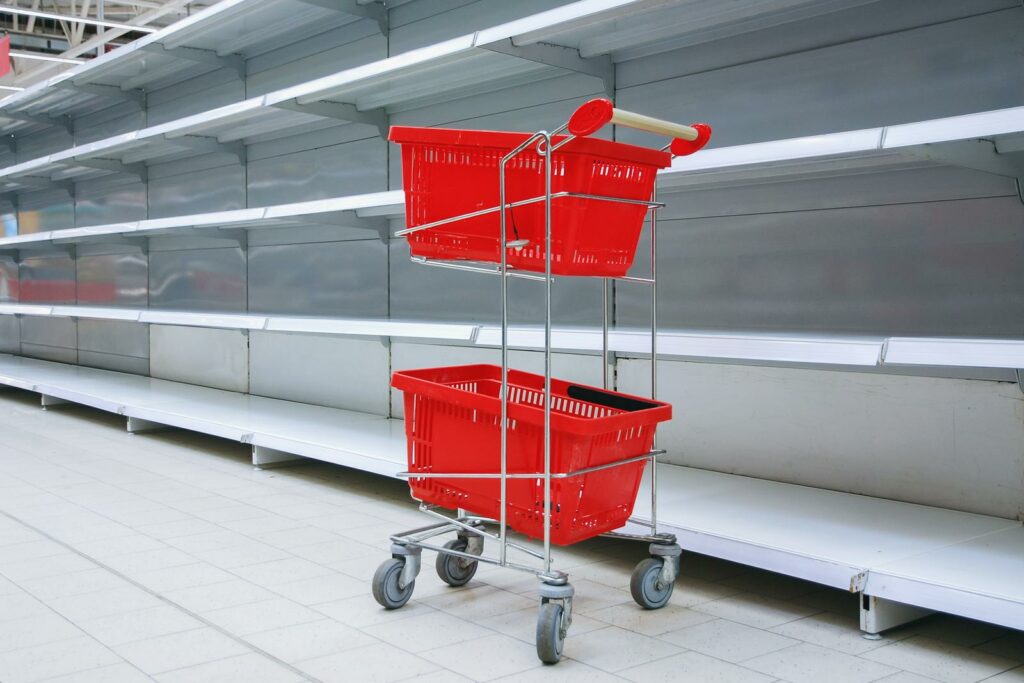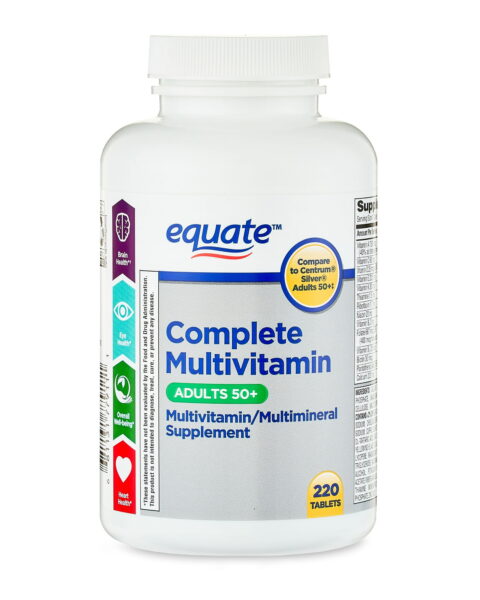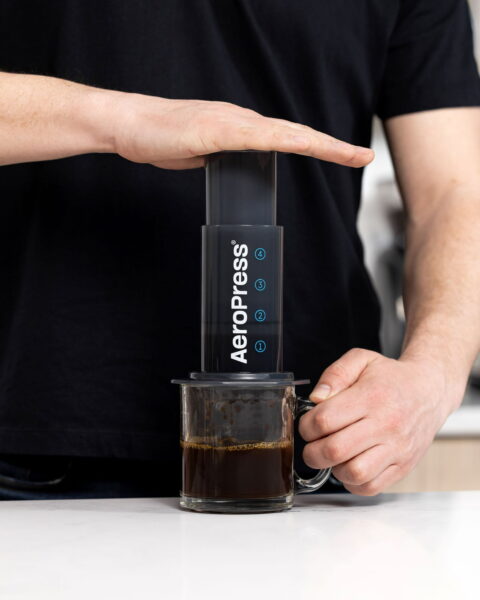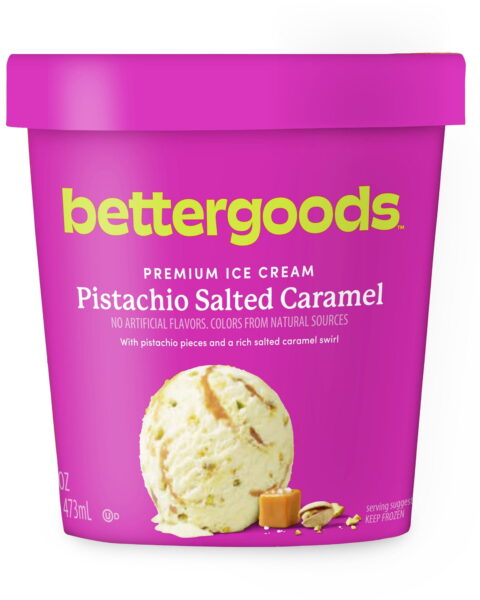This fall, several products are hard to find due to supply chain issues, climate changes, labor shortages, and increased demand. Here’s a summarized list of those products:
Artisanal Cheese:
Poor pasture conditions, higher feed prices, labor shortages, and disrupted supply chains have affected production. However, local cheeses are still available and need support.
Craft Beer:
Barley and hops, essential for brewing, face supply issues. Small craft breweries are the most affected, leading to altered recipes and higher prices.
Quinoa:
Global demand and poor weather conditions have affected its supply. However, alternatives like millet and buckwheat can be considered.
Maple Syrup:
Unpredictable weather and growing demand have impacted its production. Alternatives like honey and agave nectar can be used.
Mushrooms:
Weather and labor shortages in Pennsylvania, a major producer, have disrupted their cultivation. Both fresh and canned varieties are affected.
Honey:
Climate change impacts on bee colonies and declining flower numbers have led to decreased honey production.
Extra Virgin Olive Oil:
Mediterranean countries, the primary producers, have faced unpredictable weather leading to reduced harvests.
Garlic:
Trade issues and crop failures, especially in China, have affected its availability.
Canned Tuna:
Overfishing and issues in the canning industry have made it scarce.
Tequila:
The text cuts off but implies that there are supply challenges for tequila.
Canned Goods:
Supply chain challenges combined with a surge in demand due to uncertainties might lead to decreased availability.
Toilet Paper:
Possible panic buying, heightened demand, and potential supply chain disruptions could once again make toilet paper scarce.
Cleaning Supplies:
Supply chain bottlenecks caused by the pandemic and anticipated increase in demand might result in shortages.
Pasta:
Transportation challenges, labor shortages, and fluctuating demand could disrupt pasta availability.
Frozen Fruits and Vegetables:
Seasonal fluctuations and cold supply chain disruptions might cause shortages as demand increases in colder months.
Flour:
Supply chain disruptions, increased home baking activities, and the growing popularity of baking during the fall and winter months might strain the supply.
Hand Sanitizer:
High demand and supply chain bottlenecks might lead to dwindling supplies.
Cereal:
Supply chain disruptions and evolving consumer preferences could result in reduced cereal availability.
Meat:
Labor challenges in meat processing, supply chain bottlenecks, and seasonal demand might exacerbate shortages.
Coffee:
Disruptions in the coffee supply chain, combined with environmental challenges in coffee production regions, might lead to scarcity.
These shortages, combined with upcoming end-of-year festivities, suggest that the holiday season may see higher prices and limited availability of these products.







